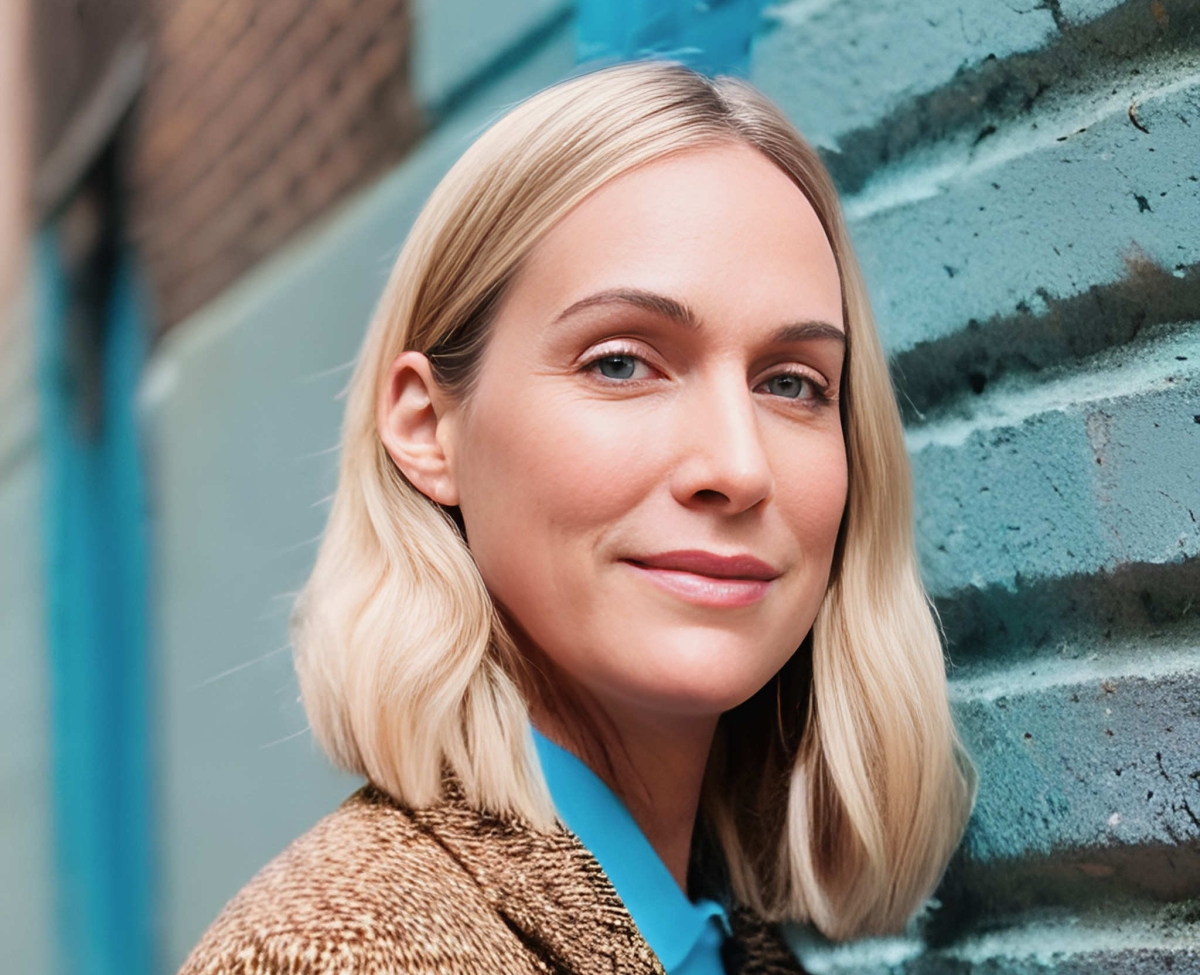Most of us don’t go through life consciously thinking about our values.
We make decisions, say yes to opportunities, and navigate challenges based on what feels right—but without always knowing why.
That’s because our values are often running in the background, influencing our choices without us even realising it.
The Cost of Ignoring Your Values
You know that nagging feeling when something doesn’t quite sit right? You might be in a job or relationship that looks good on paper but feels draining. Or maybe you’re saying yes to opportunities that make sense logically but don’t excite you. That discomfort often points to a misalignment with your core values.
When we ignore our values, we can feel stuck, frustrated, or even resentful. I know, because I’ve been there.

My Experience of Misalignment
For years, I stayed in a career that, on paper, made sense. It was stable, respected, and I was good at it. But something always felt off. I couldn’t quite put my finger on it until I sat down and got honest with myself. My core values—loyalty, creativity, and honesty—weren’t reflected in my work. I gave so much of my time and energy, but when I needed support, it wasn’t there. My ideas were often knocked back or buried in red tape. And while the organisation talked about work-life balance, the reality didn’t match.
Once I saw it from this perspective, everything made sense. No wonder I wasn’t feeling fulfilled—I was trying to thrive in an environment that clashed with what I truly valued.

When you take the time to define your values, everything shifts
Decisions become easier. Priorities become clearer. And you get a better sense of whether the path you’re on is actually aligned with what matters to you. When we make choices in line with our values, we feel more energised, purposeful, and confident in our decisions.
How do you figure out what your values are?
At Thresholds, we use an exercise called ‘Personal Narrative’ to help our participants uncover their core values and motivations, which makes it easier to reflect on what truly drives them. So, if you want to learn from Crossing Thresholds, making time to reflect is a great place to start.

Here are 5 ways you can get clarity on your values:
One of the easiest ways to uncover your values is to look back at moments when you felt deeply satisfied or proud. Maybe it was when you helped a friend through a difficult time, delivered a presentation that really landed, or took a risk that paid off. What was it about those experiences that felt so meaningful? Often, it’s because they aligned with your core values—like connection, growth, or courage.
The opposite is also true. Think about times when you felt frustrated, uncomfortable, or like something just wasn’t right. Those moments can reveal when a value was being compromised. If you’ve ever been in a job that felt draining and unfulfilling, or perhaps you said yes to opportunities that seemed logical but left you feeling disconnected or unmotivated, then it might be because it didn’t align with what truly matters to you.
We tend to admire people who embody the qualities we value most. Who are the people you respect and look up to? What is it about them that you find inspiring? Maybe they stand up for what they believe in, constantly push themselves to grow, or always prioritise fairness. Those qualities might be signposts pointing to your own values.
The same applies to the books you read, the causes you care about, and even the quotes that resonate with you. If you’re drawn to ideas about independence and freedom, that’s telling. If you find yourself always advocating for fairness, that might be a core value.
Whether we realise it or not, our actions reflect what we prioritise. Look at how you spend your time. What do you make space for, even when life is busy? What do you always seem to find time for? That can be a clue to what matters most to you.
Of course, sometimes our reality doesn’t align with our values. You might want to prioritise creativity, but your current job doesn’t leave much room for it.This could still be a signal that creativity is an important value for you, and the way you spend your time outside work might reveal where that need is being met—or where it might need more focus.
Sometimes, having a list can help you identify which words resonate with you. Look at lists of values, like this one from author of Atomic Habits James Clear or this one from Dare to Lead author, Brene Brown. Which words feel most meaningful? As you go through the list, pay attention to the words that spark a reaction—whether it’s a strong “yes, that’s me” or a sense of discomfort when you realise a particular value isn’t being reflected in your life. Don’t just choose words that sound good; focus on the ones that genuinely feel true to you. If a word stands out, think about why it matters—how has it shaped your choices, your relationships, or the way you work?
Your values often show up in the qualities you admire in yourself. Think about your strengths or positive character traits. What do others appreciate about you—are you known for being reliable, curious, creative, or compassionate? The traits that define you can point to the values that guide your actions.
For example, if you pride yourself on being independent, you might value autonomy, flexibility, or having control over your own time. If people turn to you for advice and support, then connection, empathy or kindness could be central to how you navigate the world. Recognising these traits can help you understand what matters most and how your values influence the way you show up in different areas of life.
Focus on What Matters Most
Once you start recognising your values, try to refine them. If you had to choose just five, what would they be? It’s easy to list ten or more, but focusing on a small number helps you get really clear on what drives you.
One way to test them is to ask: If I had to let one go, which would it be? Keep going until you’re left with the ones that feel non-negotiable.

Start Living Your Values
The real challenge isn’t just identifying your values—it’s living by them. Once you’ve defined them, ask yourself: Am I making choices that align with these? If not, what needs to change? Sometimes, small tweaks can bring things into alignment. Other times, it might require a bigger shift.
For me, this realisation led to a huge shift. I stopped forcing myself to fit into a career that didn’t reflect my values and started carving out a path that did. It wasn’t easy, but it was the right decision. And it all started with getting clear on what actually mattered to me. Once I acknowledged that my job wasn’t aligned with my values, staying felt harder than leaving. If you want to find out more about my personal journey check out this blog.
Knowing your values gives you a foundation for making choices with more clarity and confidence. And when you’re living in alignment with them, life tends to feel a lot more meaningful. So, if you’re feeling stuck or unfulfilled, take some time to explore your values. The answers are there—you just have to listen.

Where to Get Further Support
If you're looking for time and space to reflect on your values and what you truly want from your life and career, in a structured and supportive environment, explore our iconic Crossing Thresholds 12-month programme.
About the Author
Jo Wood is a Thresholds Facilitator and Public Speaking Coach. She has a passion for supporting women to improve their confidence, overcome public speaking nerves and achieve their goals.
Find out more at www.epiphanycoaching.co.uk or LinkedIn.



